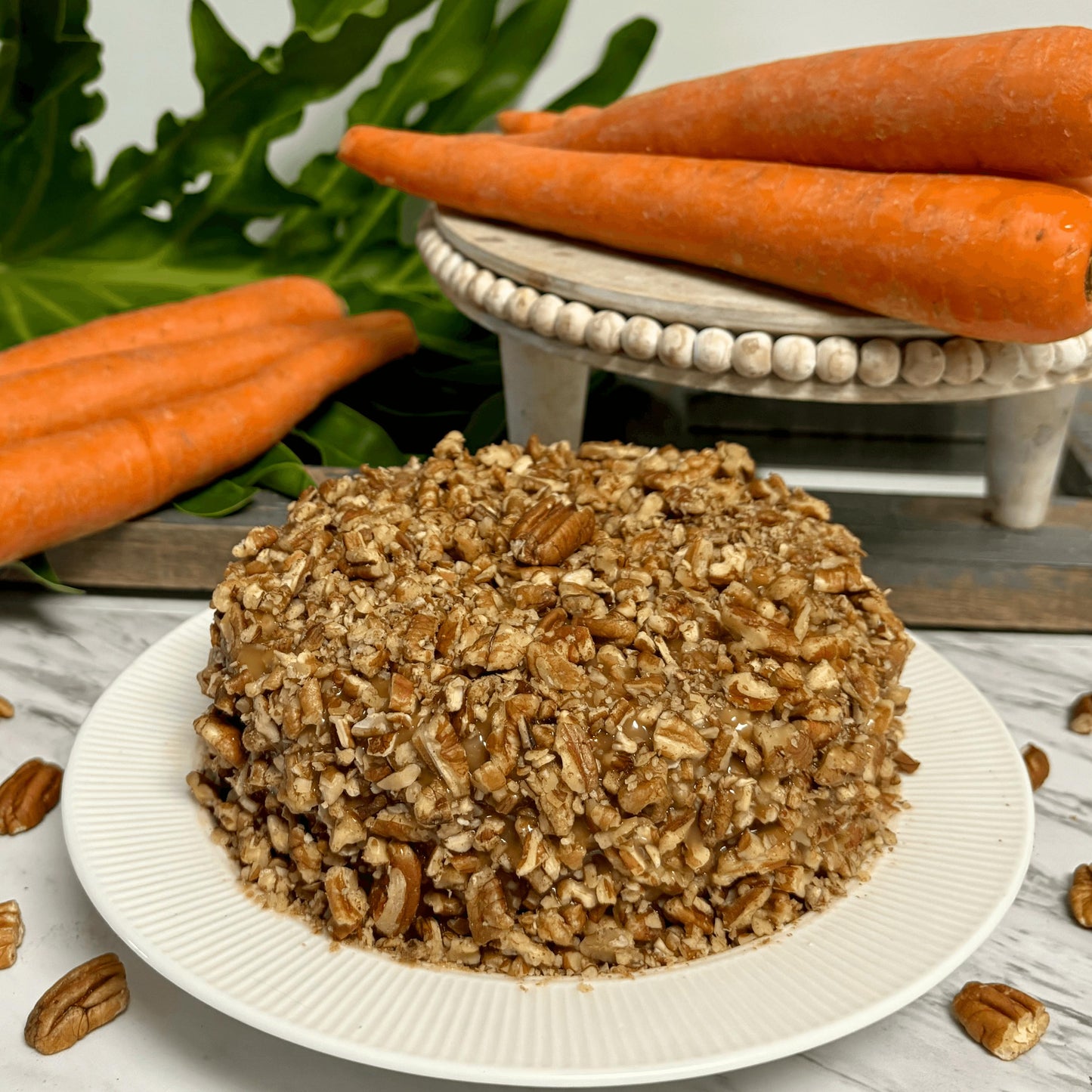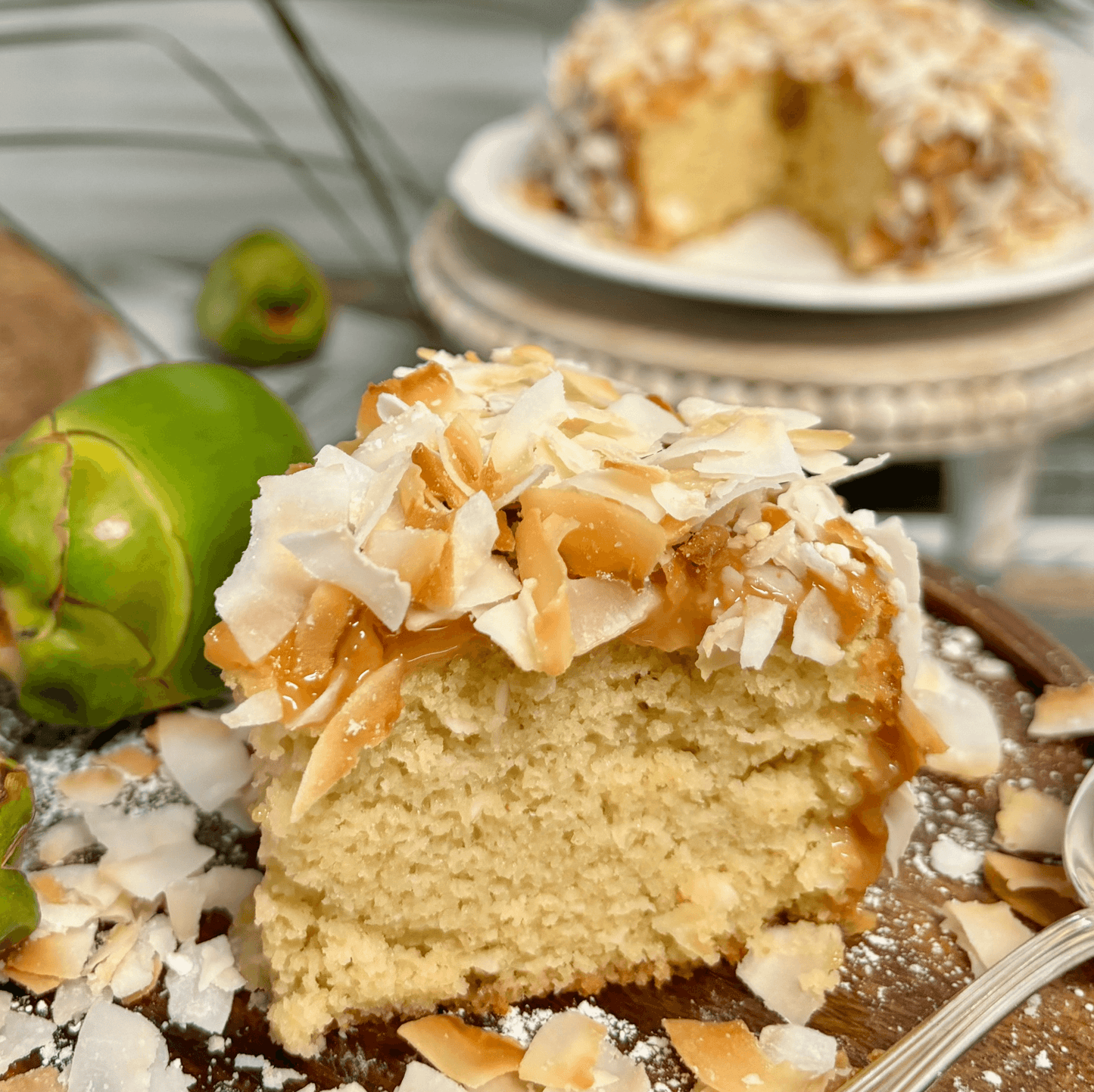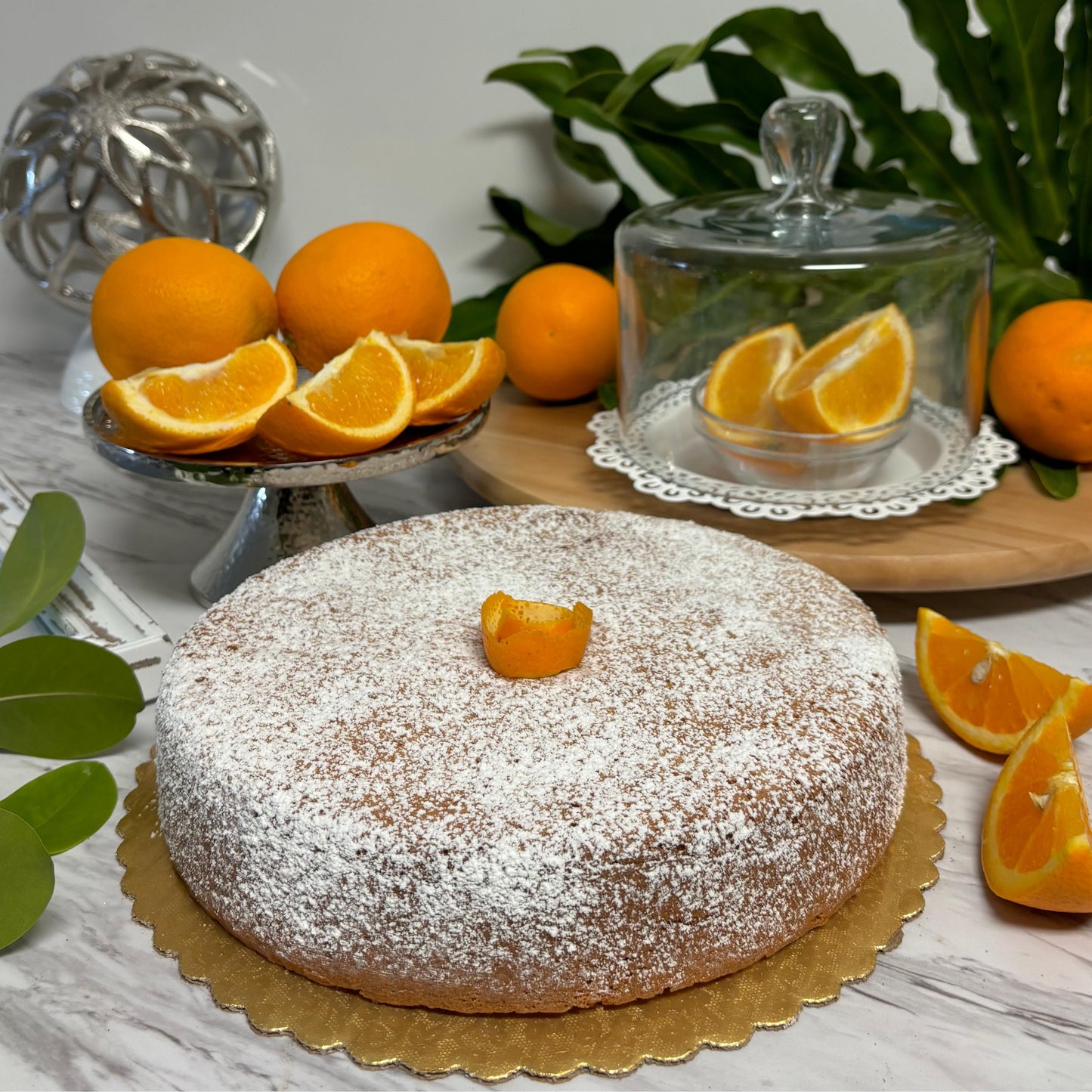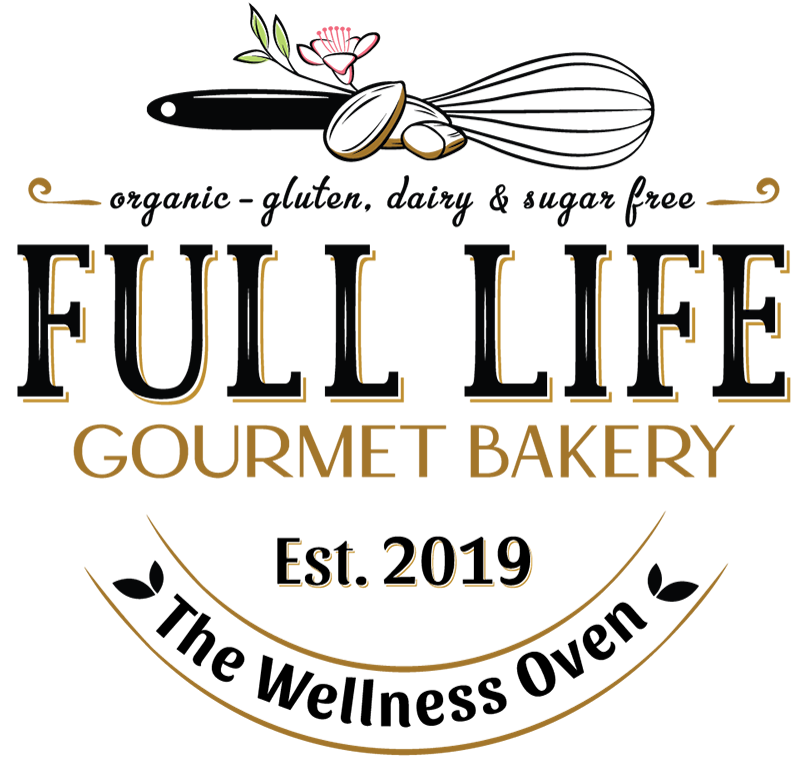
Milk has long been hailed as a nutritional powerhouse, often celebrated for its role in building strong bones and supporting growth in children. But as more people adopt dairy-free lifestyles, the question arises: Is milk truly a friend to our health, or could it be doing more harm than good? For families who prioritize health and outdoor activities, understanding whether milk is beneficial or detrimental is essential, especially when it comes to food choices and baking for those with dietary concerns. In this article, we’ll explore the health implications of milk consumption, its optimal use, and why dairy-free baking might be a better alternative for health-conscious families.
The Benefits of Milk: A Nutritional Perspective
Milk is widely recognized for its rich content of essential nutrients, such as calcium, vitamin D, and protein, which are crucial for bone health and muscle function. In children, milk plays a vital role in supporting growth and development, which is why it’s often recommended during the early years of life. For many years, it has been a staple in breakfast routines, smoothies, and even post-workout recovery drinks, making it a convenient source of nutrients.
The Role of Milk in Early Development
For children up to the age of five, milk is crucial for building strong bones and teeth, as well as supporting overall physical development. Pediatricians frequently encourage milk consumption during these early years to prevent deficiencies in calcium and vitamin D. This is particularly important for children who might not get these nutrients from other sources, such as leafy greens or fortified foods.
Milk for Adults: Is It Still Necessary?
While milk is undeniably beneficial for young children, its importance for adults is a topic of debate. As people age, the body's ability to digest lactose—the sugar found in milk—tends to decrease, leading to common issues such as bloating, gas, and diarrhea. This condition, known as lactose intolerance, affects a significant portion of the adult population. For those who are lactose intolerant, the digestive discomfort often outweighs the nutritional benefits.
The Potential Drawbacks of Milk
Milk may not be as universally beneficial as once thought, particularly for adults. In addition to lactose intolerance, there are concerns about the potential link between dairy consumption and certain health issues, including inflammation, acne, and even cardiovascular problems.
Inflammation and Milk
Some studies suggest that dairy products may contribute to inflammation, particularly in individuals who are sensitive to casein, the primary protein found in milk. Chronic inflammation is linked to a variety of health issues, from joint pain to heart disease. For health-conscious individuals and families focused on maintaining active lifestyles, minimizing inflammation is a key priority, which makes reducing dairy intake an attractive option.
Milk and Skin Health
Another common concern is the potential link between dairy consumption and acne. Some research indicates that milk, especially skim milk, may exacerbate acne due to its effect on insulin levels and hormones. For teenagers and adults alike, cutting back on dairy can improve skin health, which is why many are turning to dairy-free alternatives.
Is Baking Without Milk Better?
For those who enjoy baking at home, especially for family gatherings or special occasions, the shift to dairy-free baking can be both healthier and more inclusive. Many traditional cake recipes call for milk, but with a growing awareness of lactose intolerance and dairy sensitivities, opting for dairy-free alternatives in baking can have significant benefits.
Healthier Substitutes for Milk in Baking
Today, there is a wide variety of plant-based milk alternatives available, such as almond, coconut, oat, and soy milk. These options not only cater to those with lactose intolerance or dairy allergies, but they also offer distinct flavors and textures that can enhance baked goods. Almond milk, for instance, adds a subtle nuttiness to cakes, while coconut milk provides a rich, creamy texture that works wonderfully in desserts.
Lower Fat and Caloric Content
Many plant-based milk alternatives are lower in fat and calories than traditional cow’s milk, making them ideal for health-conscious bakers. Coconut and almond milk, in particular, have fewer calories while still providing essential nutrients like vitamin E and healthy fats. Families aiming to maintain a balanced diet can enjoy their favorite baked treats without worrying about the extra calories and fats often associated with dairy.
Environmental Impact of Dairy-Free Baking
In addition to health benefits, dairy-free baking is more environmentally friendly. The production of plant-based milk alternatives generally requires less water and produces fewer greenhouse gases than traditional dairy farming. For families that are mindful of their environmental footprint, switching to dairy-free ingredients in baking is a small but impactful change that supports sustainability.
Analysis and Insights
The shift towards dairy-free baking aligns with broader health and environmental trends. As more people become aware of the potential drawbacks of dairy and the benefits of plant-based alternatives, the demand for dairy-free products continues to rise. This trend presents an opportunity for families to explore healthier, more sustainable eating habits.
While dairy may have its place in early childhood nutrition, its necessity in adulthood is less clear. Health-conscious families, especially those engaged in outdoor activities and fitness, may find that reducing or eliminating dairy from their diet leads to improved digestion, better skin, and reduced inflammation. Additionally, for those who love to bake, incorporating dairy-free alternatives opens up a world of new flavors and textures that can elevate traditional recipes.
Conclusion
Milk has been a dietary staple for centuries, but its role in modern diets is being reevaluated. For health-conscious, active families, the potential drawbacks of milk—ranging from digestive issues to inflammation—make it worth reconsidering, especially when there are so many delicious, nutritious dairy-free alternatives available. Baking without milk not only offers health benefits but also supports sustainability and inclusivity, making it a win for both your family and the planet.
The next time you’re whipping up a batch of muffins or a cake, consider experimenting with almond, coconut, or oat milk. You may just find that dairy-free baking is not only better for your health but also a delightful way to introduce new flavors to your family’s favorite treats.




